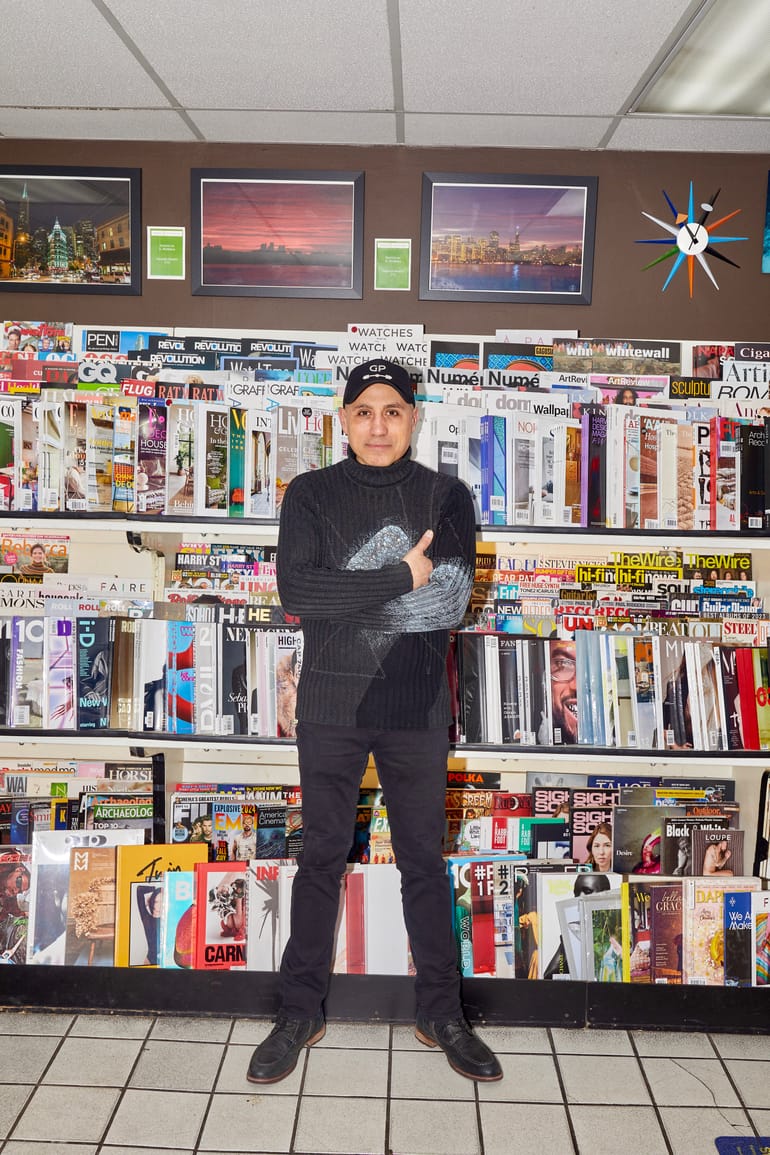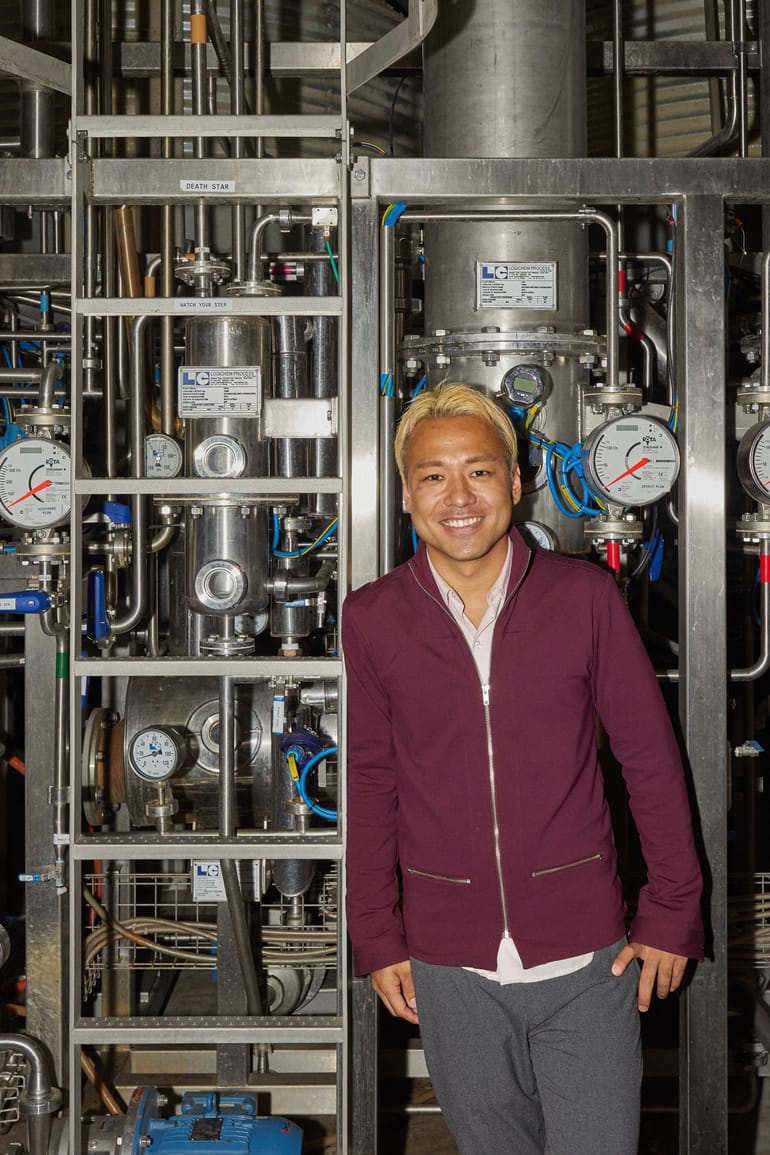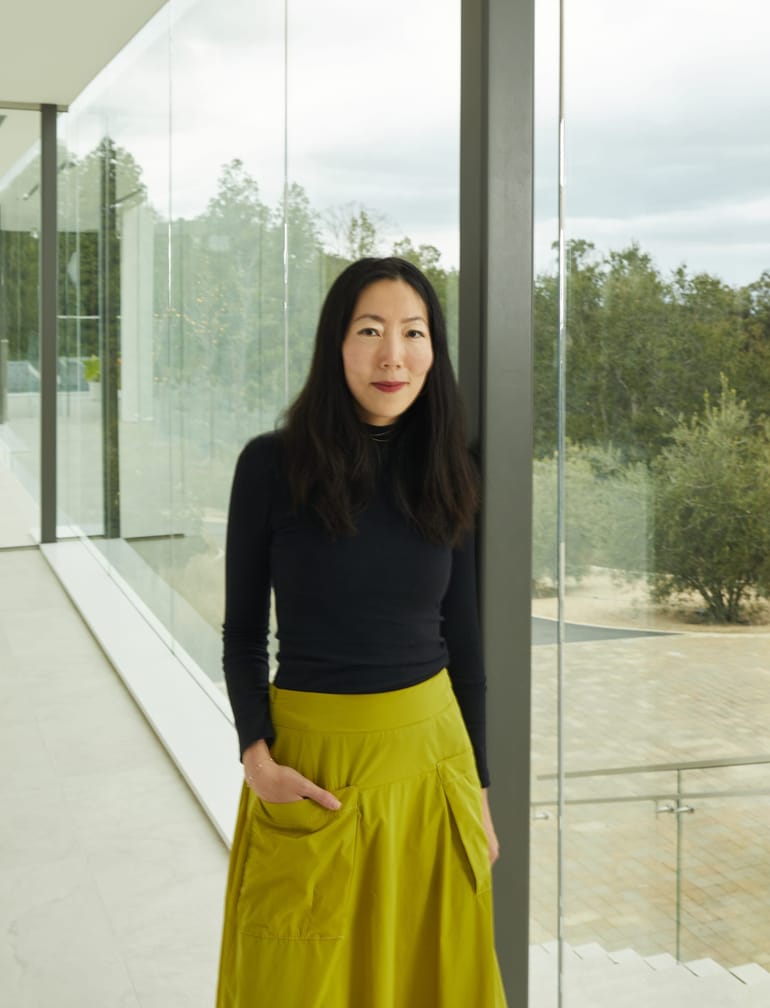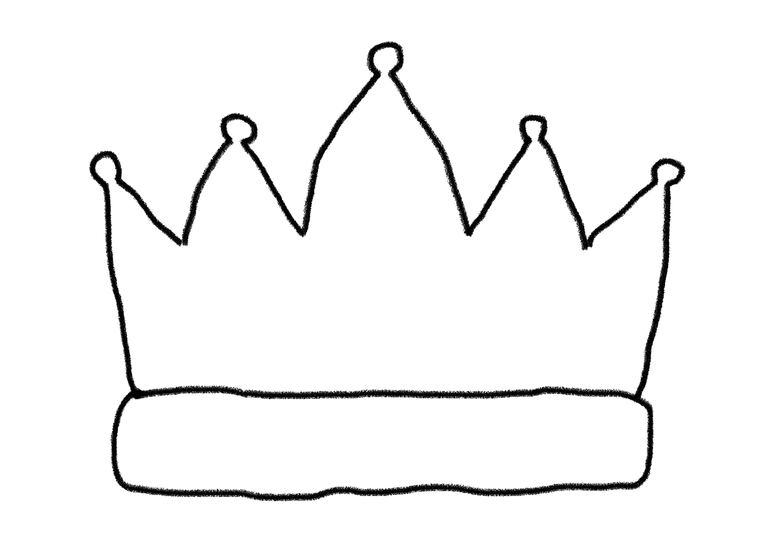A look at the first place I go for creative inspiration
Hi everyone, and a warm welcome to my new subscribers. Glad to have you here.
This week's interview is with Fadi Berbery, a very special founder who has played a significant role in my creative process for almost 15 years.
Fadi owns Smoke Signals Newsstand, a magazine and tobacco shop in the Russian Hill neighborhood of San Francisco. Walking down Polk street, you may not notice it, or simply think it's another city bodega. But Fadi has been quietly and humbly providing creative and cultural inspiration to his community for almost 30 years.
I first discovered Smoke Signals in 2010, through my best friend, who I had just met. We were coworkers at a startup, and we were about to begin a large creative project together. She was the ultimate cool girl who had already worked for years in advertising, managing accounts like Nintendo and the WNBA before making the jump into startups. I was eager to learn her process.
She soon gave me her first tip—the first place that she visits when she starts a creative project is a magazine shop on the north side of San Francisco.
We took the bus across town to Russian Hill, and she walked me into what looked like a smoke shop. But I soon realized this was very different. I was quickly overwhelmed with an endless selection of magazines that opened my eyes to the world of independent print editorial. This was a vast universe of design and photography that was quite different than what I was used to seeing online.
We brought home about $500 worth of magazines that day, and Smoke Signals has been the first stop in my creative process for everything I've made since.
When people ask me my biggest aesthetic inspiration for Haus, my answer is print editorial. Here are a few photos I've never shared before, from the day I went shopping at Smoke Signals for Haus, in December of 2018. This exploration helped me hone in a few things that were important to me to convey in the Haus aesthetic: emphasis on the home, messiness/maximalism, generational nostalgia, print editorial design standards (black ink/paper tones), hot flash. I'll go more into all of that in a future post.







I am not alone in my gratitude for Smoke Signals. When I came in for this interview with Fadi, I watched other artists and creatives come in and personally thank him for the impact he has had on their creative work.
If you every find yourself in the Bay Area, I'd recommend paying Fadi a visit. He is always there. Tell him I said hello. Even better, tell him about a creative project you're working on, and he will curate a selection of the perfect magazines for you within minutes. If you live far away, give him a ring, and he can help you out by mail. Otherwise, you can follow him on Instagram.
Well, hello. I would first like to formally thank you for being such a huge part of my creative process. I've been coming here for 15 years, and you've had a measurable impact on the work I've created. I'm so glad to formally connect with you for this project.
So happy to be part of it.
Let’s start from the beginning. Where were you born? What were your early years like, growing up?
I was born in Beirut, Lebanon in 1963. I had a happy childhood. When I was 18, I started traveling by myself. To Cyprus, one of the first countries I visited, then to Belgium, then to the Netherlands, Paris, of course, London and all that.
Eventually I decided to go work for my friend's company in Liberia, West Africa. That was one of the best experiences I've had. Then in 1990 I fled because of the coup d'état. I came to San Francisco to see a friend that I had met, just to visit. And 34 years later, here I am.
What do you think gave you the urge to travel and to go see so many different countries?
Movies. I watched maybe 2 or 3 movies a day back when I was a teenager, during the civil war in Lebanon—it was a way to avoid getting involved in fights. I would just sit on the couch on rainy days and watch videotapes that we used to rent.
What do you think drew you movies specifically?
I was always into it. When I was a child, back when TVs were still black and white or, you know, maybe early color TV. Columbo was one of my favorite shows. And then Dallas. So I always dreamt of a life like, "Oh, Colombo, Los Angeles. I wanna be there. The women are beautiful. Everybody's easygoing." And then Dallas and Dynasty. Look at Texas. They have so much space and horses and blondes and all that. I was into all of it.
Then when I was in Liberia, over there, businesses shut down between one and three every day to give every worker lunch and nap time. So I had two hours to watch a movie every day after lunch. One of the movies I remember was Presidio with Sean Connery. Presidio, San Francisco. So gorgeous. And the Steve McQueen movies in San Francisco and all that.
So I was so excited when my friend that I met happened to be from San Francisco. I always say, if they happened to be from Minnesota, you know, maybe I would not have stayed there. But when I landed in San Francisco, it was gorgeous. And I knew that this is a place where I want to live.
Did you have any idea what you'd want to do for work in California?
No idea.
So when you got here, what was it like for you?
Disappointing. For the first few days, at least. We're talking 1990. I landed in Palo Alto where my friend was living. So I got there, back in the day, there were few tech companies. There were no businesses. Like, where are the skyscrapers? Where are those things in the movies?
But then two days later, we took a trip across the Golden Gate Bridge. And as soon as I crossed the bridge and was driving through Marin and Mill Valley, I thought, "This is where I want to live."
So you started Smoke Signals just three years after you moved here. Did I do the math right?
Five, 1995.

When I see your work, I feel like it's obvious to me that you have a desire to curate for others and be a tastemaker for others. When did you know that you had that within you? When did you first see the signs of that?
When I first opened Smoke Signals, in my mind, I thought there'd be, like, 200 magazines to deal with. You know, like Vogue, GQ, Esquire. And then I discovered that at the time, there were about 24,000 printed publications in circulation—so many I didn’t know about. Luckily my customers, who were very intellectual and very into magazines—most of them were European—they would suggest titles to me. Oh, you should try to get this one. You should try to get that one.
So I used to do lots of research. And sourcing magazines can be hard. I have to open an account with a certain distributor just to get ten magazines, you know? But as I worked, I realized that I know the taste of people. So I just started making suggestions to people and, uh, you know, most of the time they like my suggestions.
Something that I believe, and it sounds like you do too, is that print is so elevated compared to anything you can find online.
Of course.
And I think part of it is because it's such a hard business that the people who end up going into it are doing it for the art, and they're doing it for the process of making it.
I'm amazed how many still to this day. New publications are coming out of Europe, mostly. Every week I get at least one new first-issue magazine. It's issue one and it's so well done. Like the binding, the craftsmanship, the paper they use, the imagery, the content, the editorial. It's a lot. I know they must have been working on it for years before I received issue one. And it shouldn't be wasted. It should be appreciated. So I always try to recommend it to people.

I've read in another interview of yours that you missed the European magazine stands and you missed the availability of that kind of literature. Did you find that you magically found these other people in San Francisco that wanted the same thing?
Yes. I had no idea there’d be so much demand for print magazines and newspapers. And I understand why. I mean, there's nothing better than holding a book or magazine in your hand. If you wanna read with coffee or in bed in the morning, in the evening, on vacation, on the beach, screens don’t work.
What was opening this place like? Was it relatively easy to find the space? Did you have any challenges that you couldn't foresee?
No. It fell into my lap. I got laid off from a corporate job and I wasn't sure what to do. And then a friend of mine who had another retail store tells me, “well, there's this location. We should try to do something. What do you think you would do?” I said, “Magazines and cigars.” Because growing up in Beirut or traveling through Paris and London, every other corner had a newsstand. And here it doesn't seem to be as popular. So I thought, let's do magazines, and here I am 30 years later.
I haven’t been here very long, and I've seen two people come in. One had a long conversation with you asking about your family. He knew everything about you. Obviously, you've had time to get to know each other. The other person came in and gave you a big testimonial of how you were unknowingly part of his first art career, and you've played this big role in how his art career developed. How many times a day do you have these conversations?
All day. Trust me. I mean, I think 80 to 90% of my customers, we have a relationship—we know intimate stuff about each other. Many talk to me about their problems. I always joke that I'm going to put an “in session” sign on the door. Because people share lots of stuff with me.
Where do you think that comes from? Because that's not true for every brick and mortar business owner.
I don't know what it is. Sometimes it's TMI. (laughs)
Was it like that when you were young?
No, I'm shy and keep to myself. I rarely initiate conversations. I usually wait for the conversation to come to me.
Yeah well, I mean, I'm a good example of one of your customers. I wanted to know you because I felt indebted to you in some way. You gave me something by creating this business in San Francisco. As someone who has lived in the Bay area for a long time, but kind of lusts for the culture of New York or the culture of Europe, this place is a gift. And I wonder if just somehow that impact, even though it has nothing to do with words—makes people feel that loyalty and connection to you?
I think this type of business is more intimate. It's not like a grocery store or a coffee shop. I feel like I'm a bartender. People want to converse with me. And maybe because of my background, it's unusual to them. I don't know. I have a lot of customers. I socialize with them. Most of my best, best friends started as customers, and now they are like family.
I also read that if someone comes in and asks for a title that you don’t have, you don’t turn them away. You instead go out of your way to find that title for them.
Yes. Because if I'm in that position, if I'm in their shoes and I'm desperate to get something and I only know one source how to get it—I am in that position to help or to give them information. I'm not sure I'm going to succeed, but at least I will have the information available.
Yeah.
It's not about satisfaction, but, you know, there's nothing better than finding what you are looking for.
Well, and again, I don't think that's normal for every business owner to want to go that far for a customer.
Yeah. But that's not just for business. I would have done the same thing if I was on the street and somebody wanted something that I can assist with. I would have done it because again, it doesn't take much for me to help someone find what they are looking for.

What would you say have been the most challenging moments of having a brick and mortar?
The politics of the city. The lack of parking. The challenges of being in retail, you know, theft, break-ins. Dealing with people who come to make a mess or disturb people or the vibe of the place. There are some business challenges, because it's not the same as it used to be. You know, the distribution system, the industry is not thriving as well as it was. So it's a challenge now to keep the selection and the variety of magazines. Some distributors are dropping titles because they're not selling as much. Yet I still manage to carry over 1700 different titles.
Do you find that you end up curating all kinds of things for your customers?
I don’t impose.
How much are you asked?
Quite often.
What kinds of stuff?
Movies a lot. Because sometimes they see me watching shows during downtime. And music, because they hear what I play during the day.
I know you traveled a lot when you were young, but how do you stay culturally satisfied today?
Movies, good shows, things like that. Something well done. Again. It's all about how much effort they put in. From the script to how they deliver their lines. You know, the amazing details that people take for granted. That’s how I watch movies. Books also, you know.
What do you think makes a good magazine?
I've had many, many people come to me who are toying with the idea of starting a magazine. So I give them some pointers on what I think they should do. The title, the cover, the format, because I know what people find attractive instantly and I know what people put back before they even look at it. The title should always be on the left. When people break that rule, I don't get it. Because when you display it, you can only see it when it’s on the left. And the content. The content has to be smart.
Have you seen any design trends over the last few years that have worked and some that haven't?
Yes. And because of the technology now in printing now you can print the magazine with five different types of designs.
Oh, do people test different cover designs? Like, do they send you magazines with two different covers?
Many magazines do multiple covers.
Have you noticed any changes in consumer trends? Like, say, young people were into this five years ago and now they're into this.
Design and fashion are always thriving. Otherwise, it's whoever is on the cover. Like my number one. Whenever Lana Del Rey is on the cover of a magazine, I get like 100 phone calls from all over the US. It was Timothy Chalamet. Then it went to Harry Styles. But now it's back to Lana Del Rey.
Fascinating.
And Taylor Swift. These kids find it online first and then they call to get the magazine.
So we've had some advice for people wanting to start a magazine. Do you have any advice for someone who would want to start a physical business in a city, selling things that they are excited about?
I mean, I am in retail. It's not the same anymore. It's hard. It's time consuming. And premium labor is too expensive to have. Your business won’t run without you being there. So I don't know. I'm finding retail to be challenging.
Yeah. Like you're here every day. Which makes sense, right? Because labor is expensive, but you still seem to love it. And you have the love from your community. Does that make it worth it for you?
Yeah. It helps. But, the thing is that I have a responsibility to answer the questions, if I have the knowledge. So if I'm here and someone comes from out of town to get a magazine that they couldn’t find anywhere else, and I’m able to pinpoint it among the 1700 titles I have here, they’re happy and my job is done.
Yeah, yeah. I've heard people coming in and asking you how you’ve been, those kinds of questions. Is there any question that you wish people would ask you that they don't even know to ask you?
No, no, I don't want to reveal anything more than they need to know. That's my nature.
I respect that. How can the greater community support you?
Follow and support the business to keep it going. If you’re in San Francisco, come visit.
Any last words for the creative community?
Keep creating things visually. There's nothing better than the visual.




